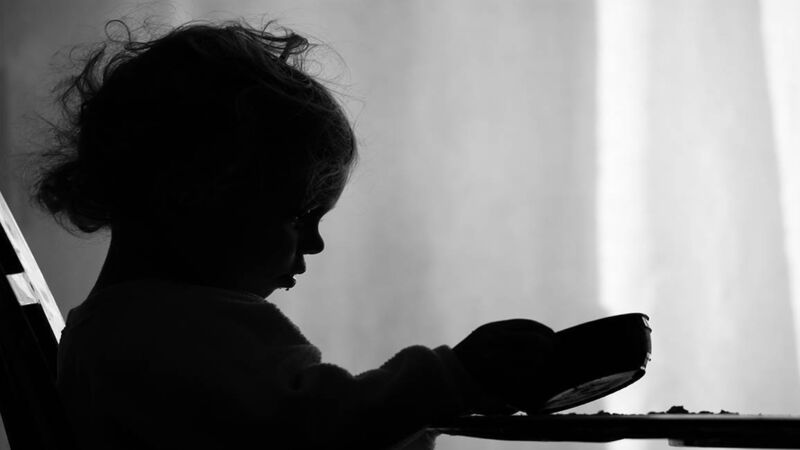Budget to help low-income families and tackle child poverty, says Taoiseach

The latest figures show that there are 185,000 children (15.2%) living in households that were at risk of poverty. File picture
Low-income families are to receive enhanced financial supports and the cost of childcare will be reduced in the upcoming Budget, the Taoiseach has promised.
Leo Varadkar has said he is "very serious" about tackling child poverty and this will require a combination of additional financial support and improved services.














